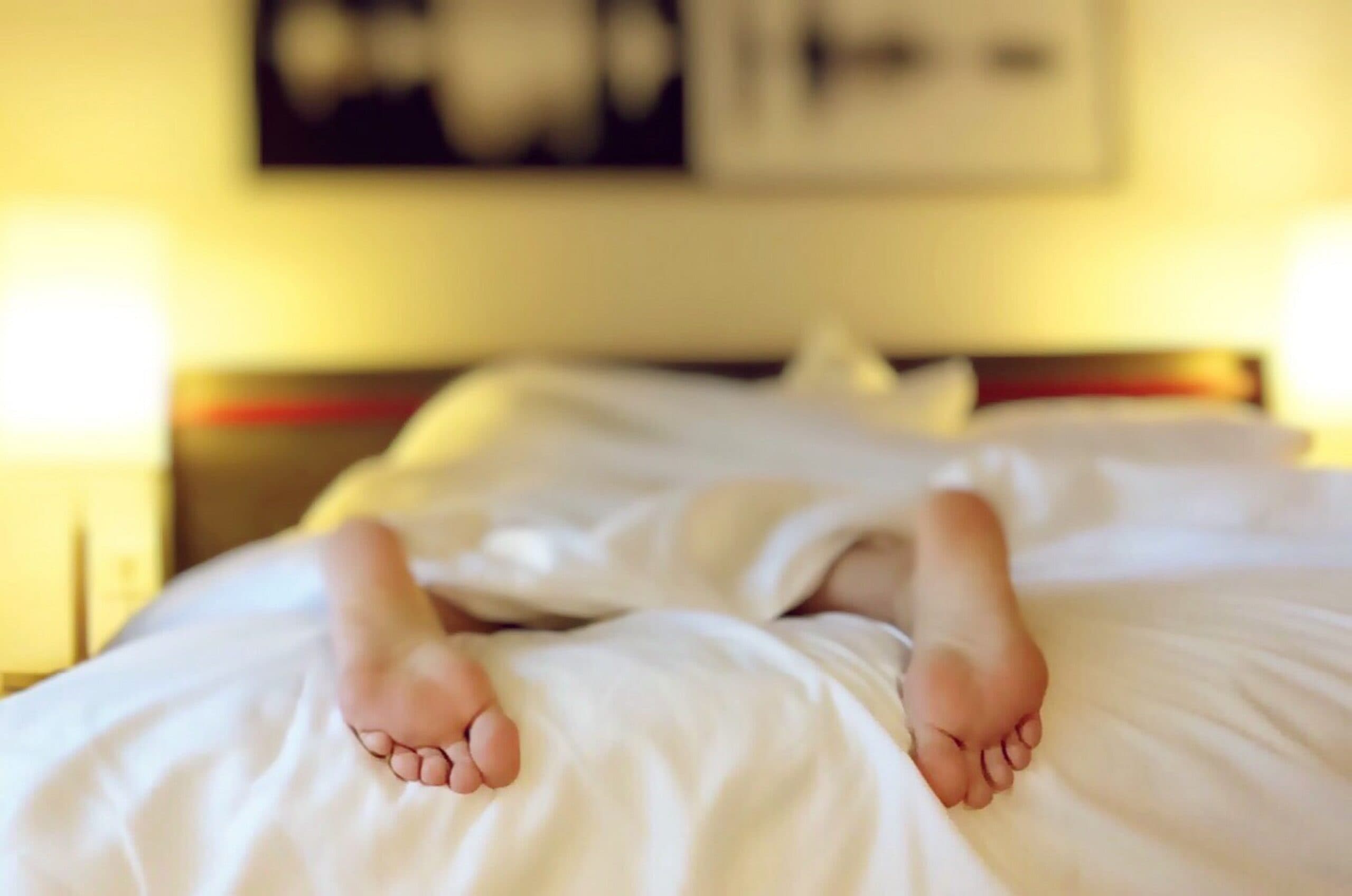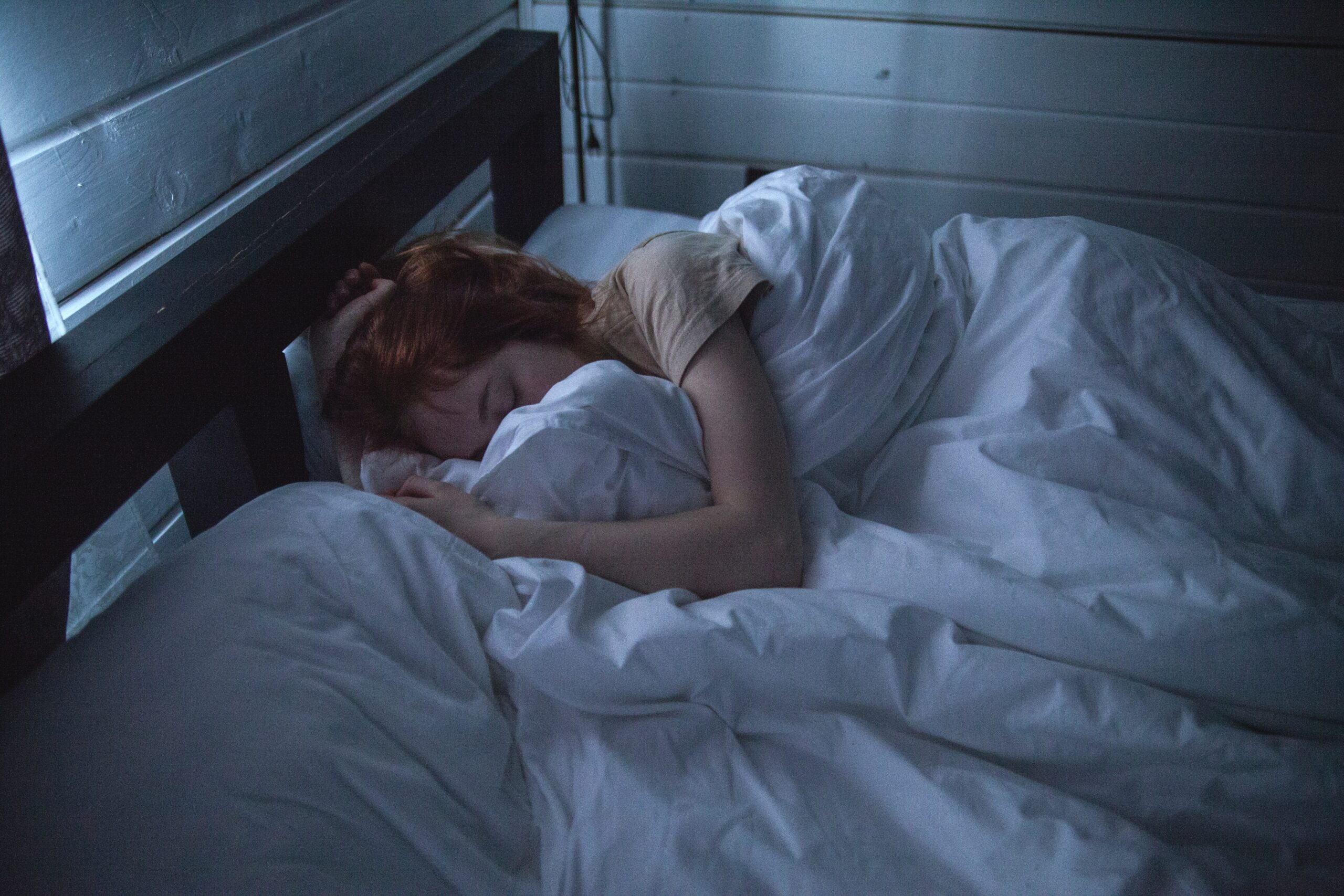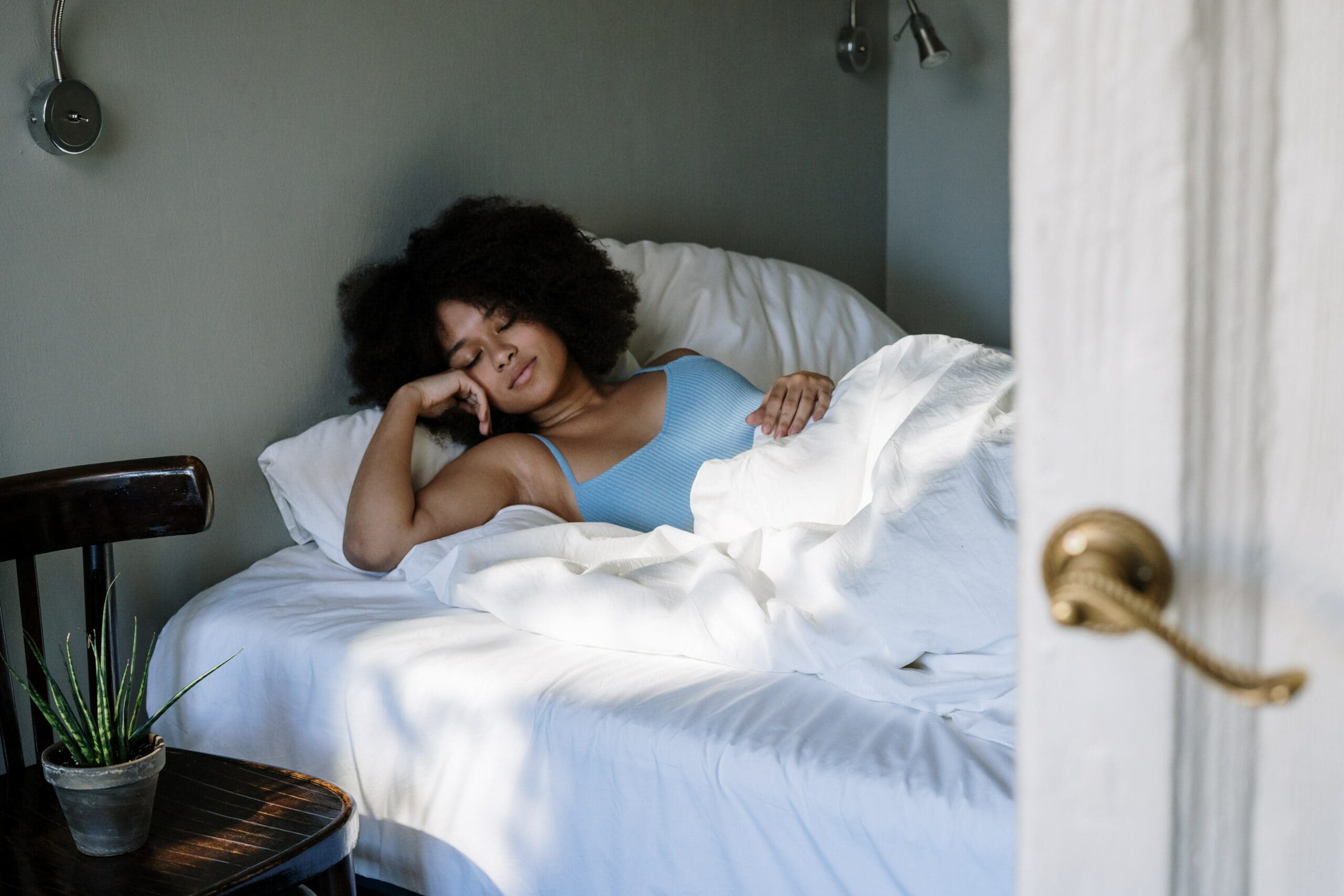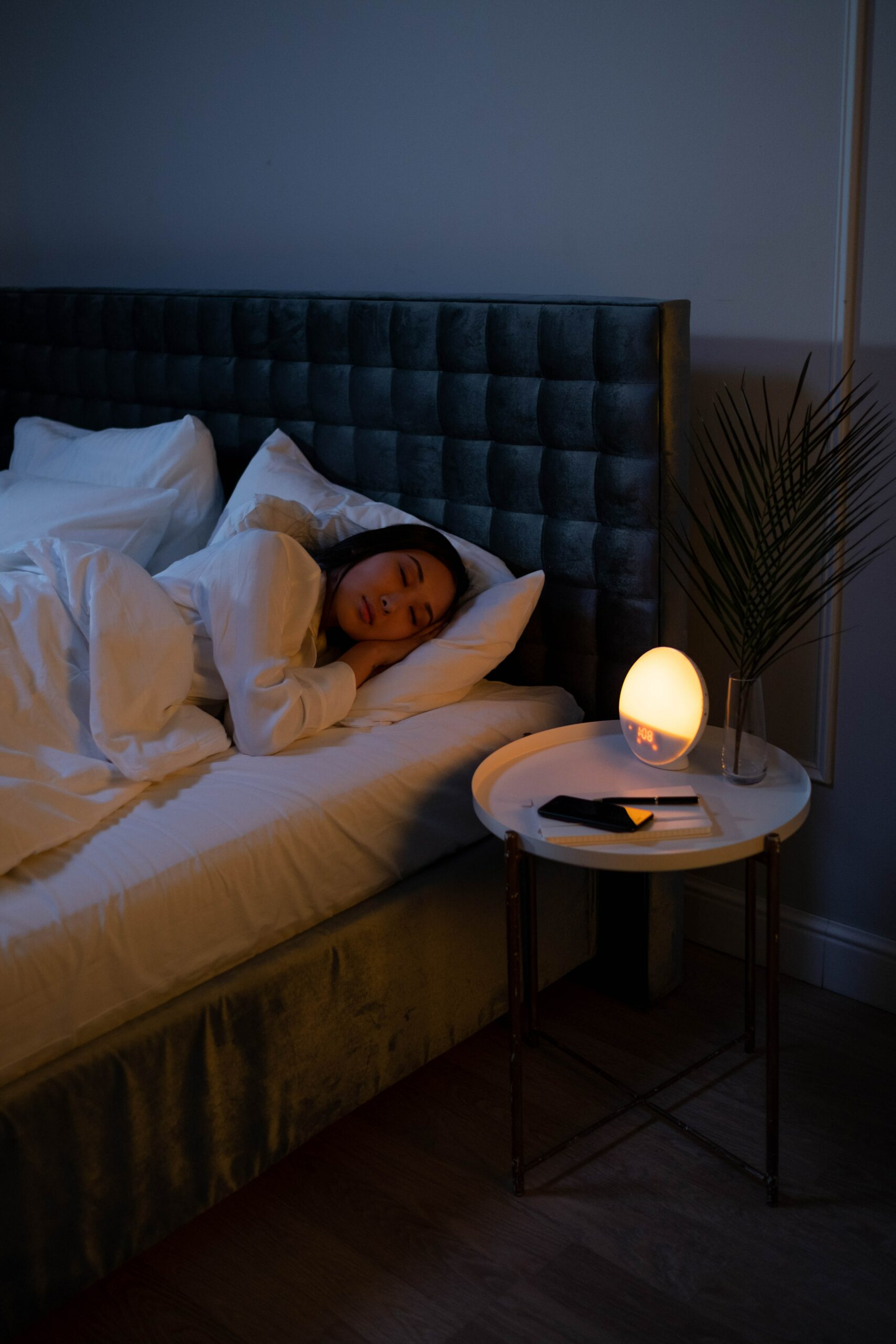
Why Does Perimenopause Affect Sleep?
Decreased levels of estrogen can impact the quality of sleep and contribute to symptoms like hot flashes, night sweats, and mood swings, all of which can disrupt sleep patterns.
Hot flashes and night sweats are common symptoms of perimenopause. They can cause sudden and intense feelings of heat, leading to sweating and discomfort during sleep. These episodes can awaken women and make it difficult to fall back asleep, resulting in sleep disturbances.

Why we need sleep.
Recently I listened to an interview on the radio with the neuroscientist Matthew Walker talking about the importance of sleep. It reminded me of his book Why We Sleep. I read it about a year ago and it made me take my sleep more seriously.
Walker believes that if we routinely sleep less than six or seven hours a night, then we are not getting enough. His research findings link this lack of enough sleep to poor immune function, risk of cancer and heart disease, poor blood sugar balance (which can lead to pre-diabetes), weight gain, depression and anxiety.

Walker’s Tips To Improve Sleep
Walker’s explanation of how coffee, sleeping pills, jet lag and the modern world can contribute to poor sleep was fascinating.
Keep reading for the twelve tips Walker suggests for healthy sleep.
12 Tips for Healthy Sleep (1-6)
1. Go to bed and wake up at the same time each day, even at the weekends.
2. Exercise no later than two to three hours before your bedtime.
3. Avoid caffeine and nicotine. They are stimulants and stop you from sleeping. Avoid coffee, certain teas, and chocolate in the late afternoon. Caffeine can take as long as eight hours to wear off fully.
4. Avoid alcoholic drinks before bed. These can interfere with deep sleep and also breathing.
5. Avoid large meals and drinks late at night. A light snack is fine but a large meal can cause indigestion and stop you sleeping. Drinking at night can cause too many trips to the loo.
6. Avoid medicines that delay or disrupt your sleep (if possible). Some medications can contribute to insomnia. If this is the case for you, talk to your doctor or pharmacist and ask if you can take them at other times instead of just before bed.

12 Tips To Improve Sleep (7-12)
7. Don’t take naps after 3pm. Naps before 3pm are fine but after that they can make it harder to fall asleep at night,
8. Relax before bed. Reading or listening to music are great ways to unwind before bed.
9. Have a hot bath before bed. The warmth can help to relax you and slow you down. Also when you get out of the bath your body temperature drops and this can help to make you feel sleepy.
10. Dark, cool, gadget-free bedroom. Noise, bright lights, too warm, uncomfortable beds, TV, and phones can distract you from sleep.
11. Get into natural sunlight for at least 30 mins each day. Daylight helps to regulate daily sleep patterns.
12. Don’t lie in bed awake. If you are feeling anxious or worried or you are still awake after more than 20 mins. Get up and do some relaxing activity until you feel sleepy. I find reading helps when this happens to me.
Slow And Steady For Sleep
Remember don’t try and incorporate all 12 habits at once. Start with just one or two, then add in another one when you feel ready!
Good luck and sweet dreams!
If you enjoyed this article, you might enjoy these from the archive:
When Should You Be Concerned About Perimenopause Symptoms?
To Supplement Or Not: There Is No One Size Fits All For Perimenopause




0 Comments